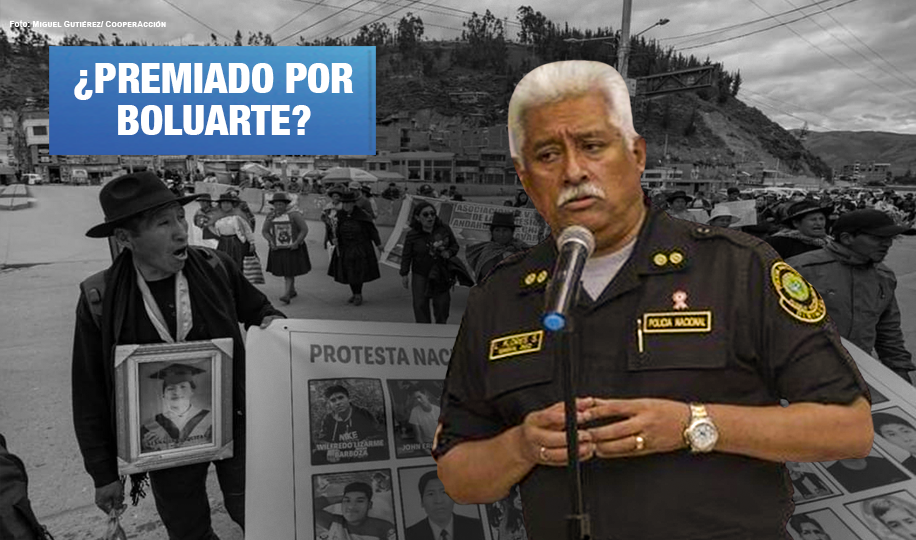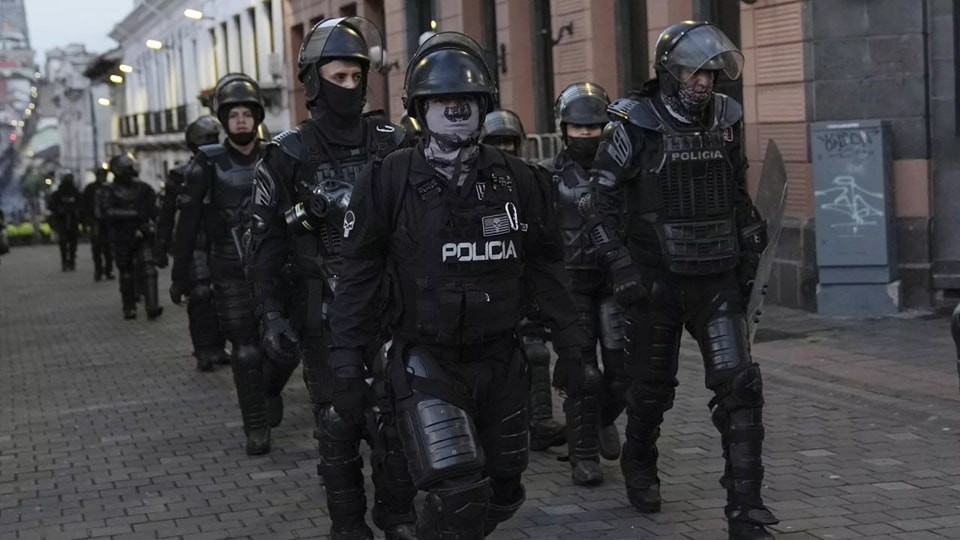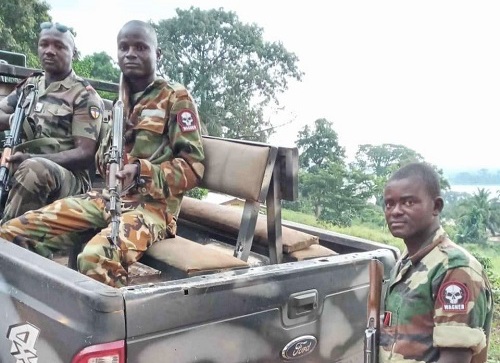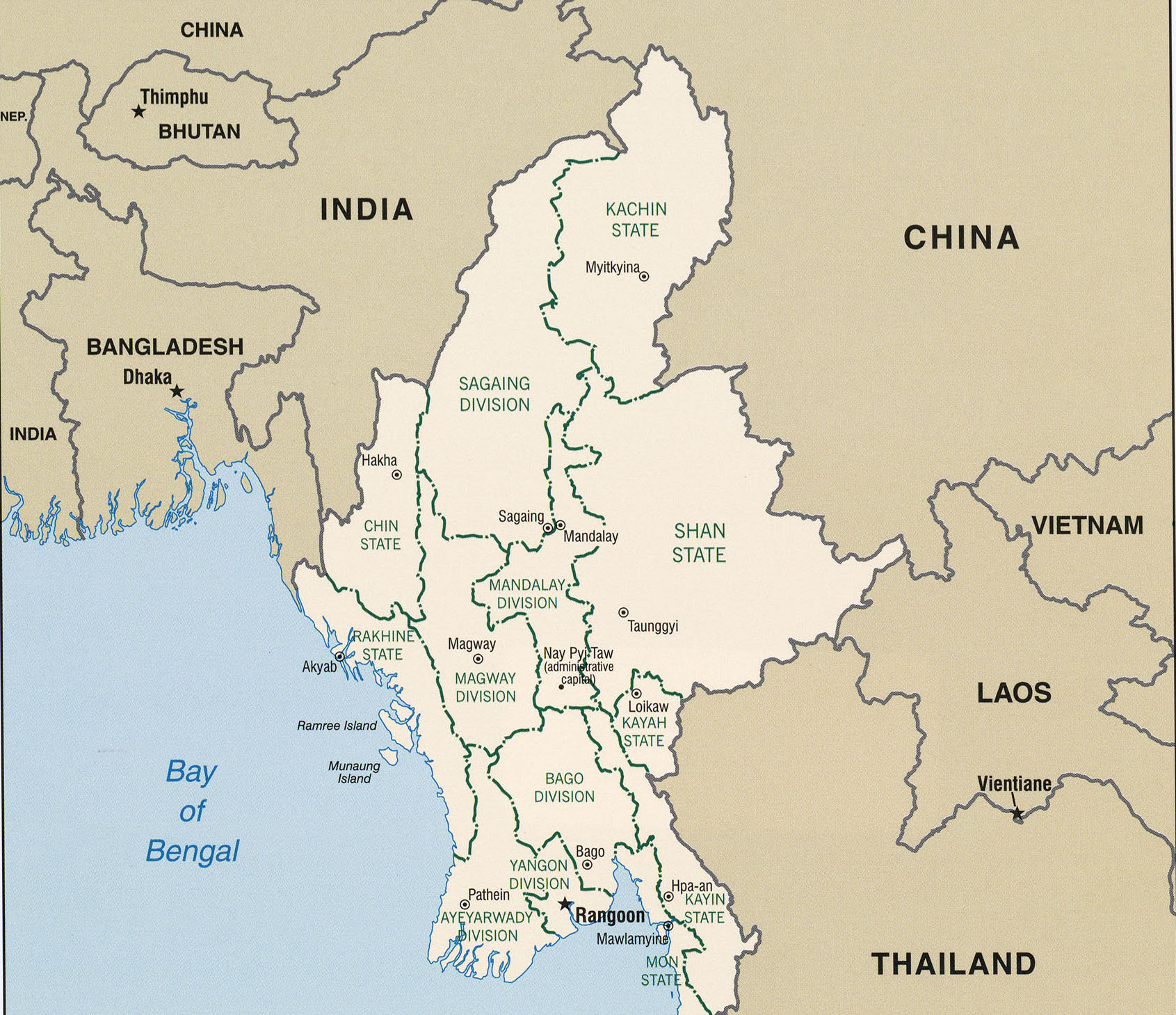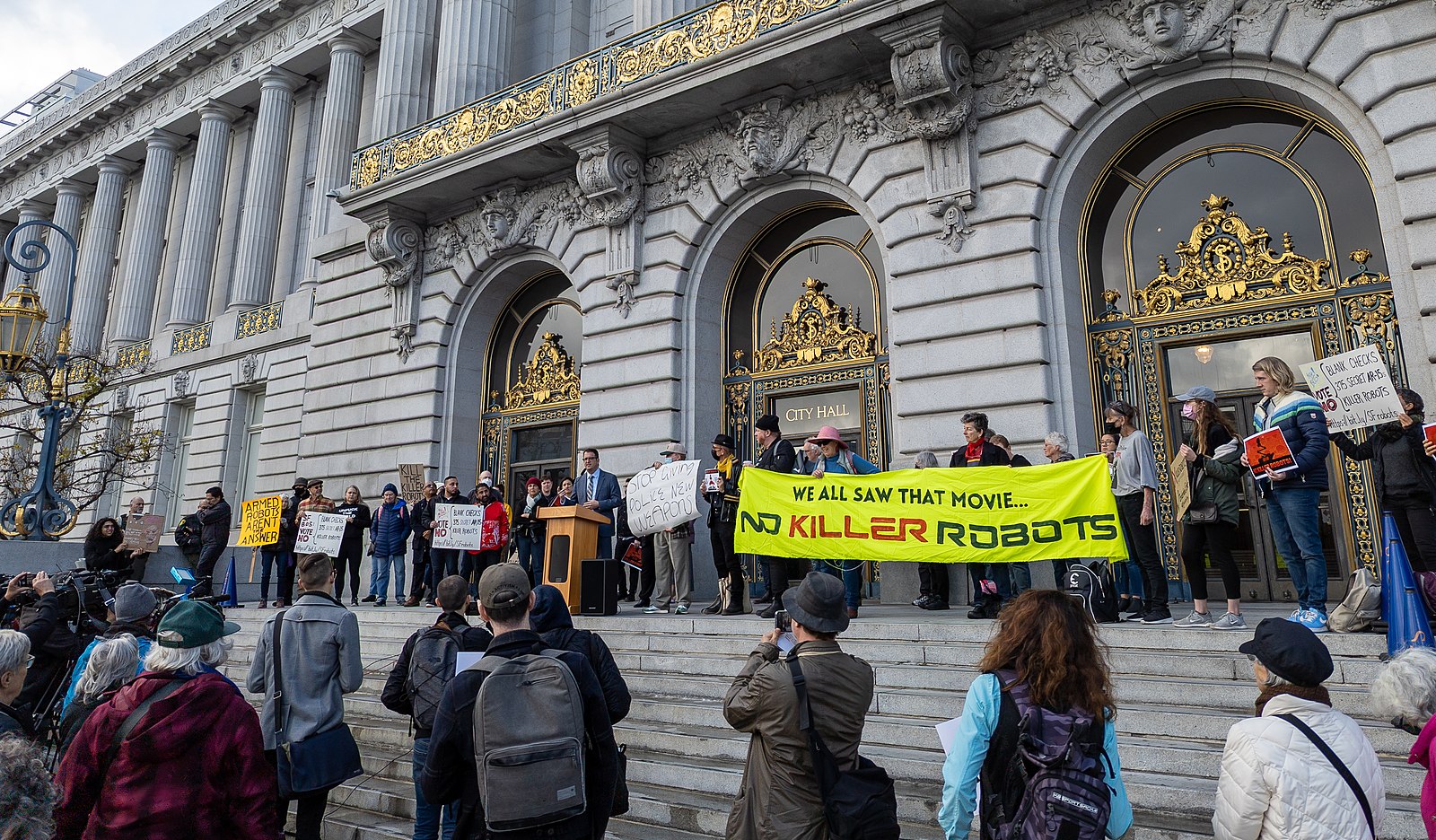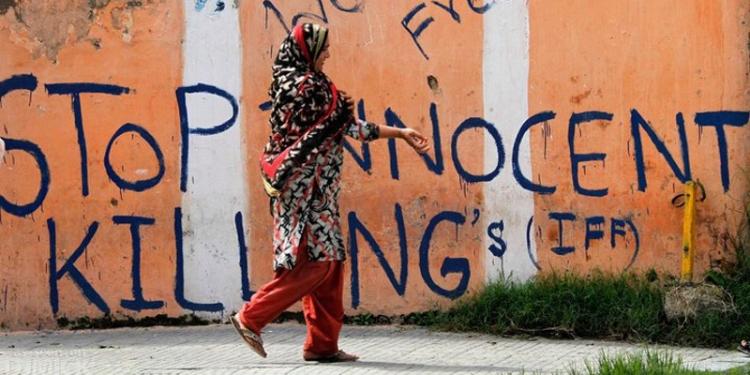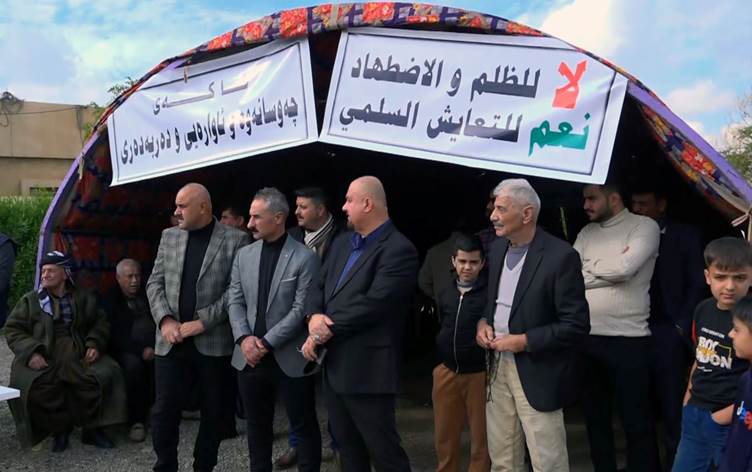
Oil, ethnicity at issue in Kirkuk land dispute
Residents of a disputed neighborhood in Iraq’s northern city of Kirkuk staged a sit-in to protest eviction orders and criminal charges filed against them by a state-owned oil company. Hundreds of Kurdish families who were pushed out of Kirkuk during Saddam Hussein’s Arabization campaign returned to the city following the fall of his regime in 2003. With their former homes now occupied by Arab families, many took up residence in a residential complex in Arafa neighborhood, previously inhabited by functionaries of Saddam’s Baath party. Now, the North Oil Company is claiming ownership of the residential complex, and ordering the Kurdish families to vacate. Arrest orders have been issued against residents who have refused to comply. In the background lie ongoing tensions between Baghdad and the Kurdistan Regional Government over control of the Kirkuk oil-fields. (Photo: Rudaw)





